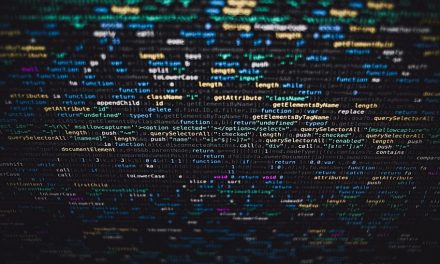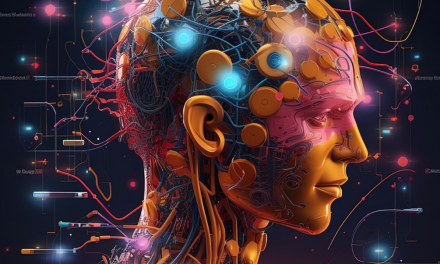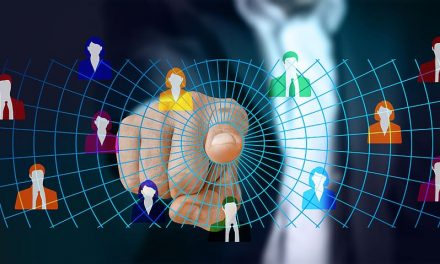Dimon’s Bold Predictions vs. Grounded Research
Despite the whirlwind of promises surrounding artificial intelligence (AI) potentially ushering in shorter workweeks, the reality might be different. Earlier, JP Morgan Chase’s CEO, Jamie Dimon, painted an optimistic picture of a future where AI could redefine work dynamics, hinting at workweeks spanning only three and a half days. He even ventured further, forecasting AI-driven breakthroughs in medical research that could defeat cancer and amplify human longevity to a century.
However, a recent analysis from Oxford Economics challenges this idealistic narrative. This study emphasizes that the prodigious growth attributed to AI might be confined to specific sectors and may not equate to a blanket economic surge as many anticipate.
Economic Factors vs. AI’s Potential
The findings presented by Adam Slater, Oxford Economics’ principal economist, urge a measure of caution. Slater highlights that historically, the trickle-down effects of technological innovation on broad productivity have not been instantaneous. The timeline for these transformative technologies to permeate the economy has often been longer than initial predictions. Furthermore, current economic climates may stifle AI’s ability to meet lofty expectations.
A significant concern stems from the dwindling contribution of the labor supply to growth in developed economies. Forecasts hint at this contribution plummeting to nil within this decade. Additionally, external factors such as the recent global health crisis and geopolitical disturbances, exemplified by events like the Russia-Ukraine conflict, compound the challenges.
Considering that the momentum of global economic growth has been on a downward trajectory since the early 21st century, rejuvenating it to the zenith achieved in the 90s and early 2000s would necessitate a fourfold increase in total factor productivity. Oxford Economics describes this as nothing short of Herculean.
The study acknowledges AI’s potential, conceding that certain sectors may indeed witness robust productivity enhancements. However, unless AI becomes universally adopted and spurs widespread innovation, its economic dividends might remain restricted for a considerable duration.





